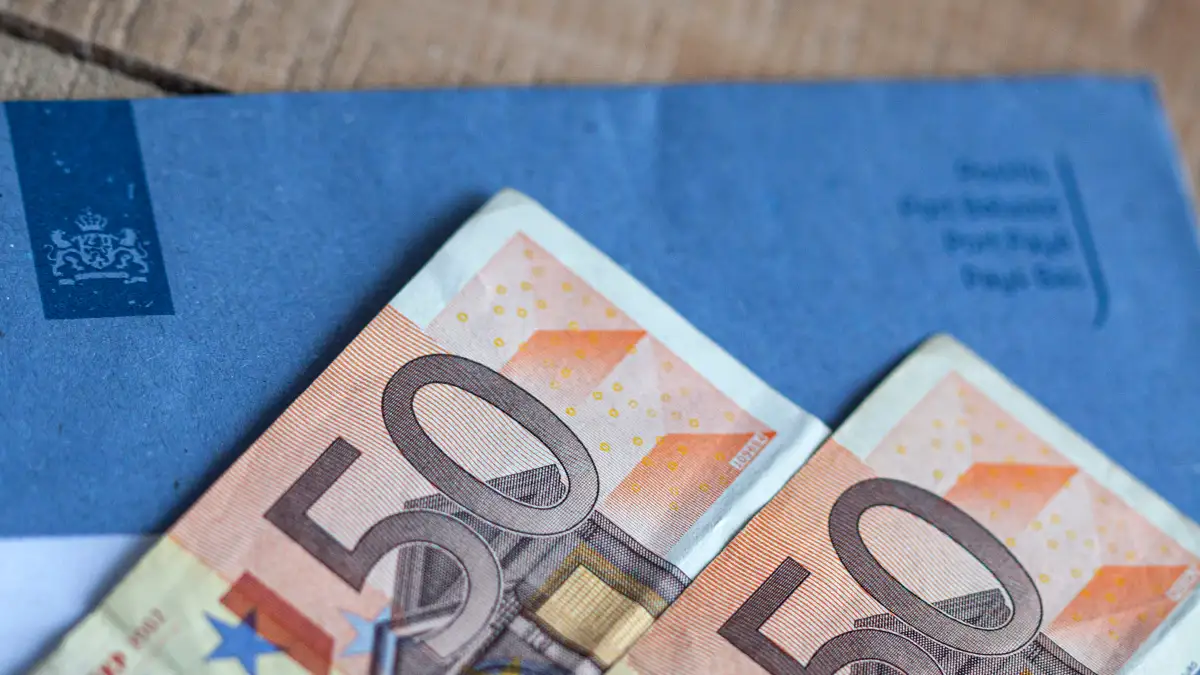
A Comprehensive Guide
Introduction
Filing your income tax return is a crucial obligation for individuals and businesses operating in the Netherlands. Whether you are a sole proprietor (eenmanszaak) or part of a general partnership (vof), understanding the requirements for declaring your taxable income is essential to avoid penalties and ensure compliance with Dutch tax laws. This article outlines the key elements of the income tax return process, covering who needs to file when to file, how to file, and the implications of double taxation for cross-border business activities.
Income Tax in the Netherlands
Income tax, known as inkomstenbelasting, is levied on your taxable earnings, which include business income after deductibles and fiscal schemes such as business expenses or amortizations. Depending on your legal structure, different tax obligations apply:
- Sole proprietorships (eenmanszaak) and general partnerships (vof) file personal income tax returns.
- Other entities, such as private limited companies (bv) and public limited companies (nv), are required to submit corporate income tax returns.
The amount of tax owed is calculated based on your income, assets, deductible expenses, and outstanding debts. Different tax rates and brackets apply depending on your personal and business situation.
Tax Return Notification
Each year, the Netherlands Tax Administration will notify you if you are required to file an income tax return. This notification is sent by February and can be accessed through your physical mailbox, Mijn Belastingdienst (in Dutch), or the Message Box on MijnOverheid.
Even if you do not receive a tax return notification, you may still be required to file a return. If you owe more than €52 or are entitled to a refund of €17 or more, you must submit a tax return. In case of uncertainty, it is advisable to contact the Tax Administration for clarification on whether you need to file.
Filing Income Tax Returns Online
Income tax returns in the Netherlands must be filed digitally via Mijn Belastingdienst. To file your return, you need a DigiD, which serves as your digital identity verification tool. For residents outside the Netherlands, you can use an EU-approved login key or apply for a non-resident DigiD.
If you prefer, you can authorize a third party to file your tax return on your behalf.
Key Deadlines for Filing Tax Returns
You can start filing your income tax return from March 1st, with the usual deadline set for May 1st. If you cannot meet this deadline, you must request an extension before May 1st. Non-residents who need to file income tax returns must submit them or request an extension by July 1st.
Late Submission Penalties
Filing your tax return after the deadline can result in interest charges on any taxes owed. Additionally, you may face fines for late submission. Therefore, it is critical to adhere to the specified deadlines to avoid these penalties.
Adjusting Your Tax Return
Even after receiving a final assessment, you can still modify your tax return for up to five years following the tax year in question. Adjustments can be made through Mijn Belastingdienst by modifying your previous tax return and resubmitting it. For further details on how to adjust your return, visit the Tax Administration’s website.
Estimating Your Income Tax Liability
The amount of income tax you owe depends on various factors:
- Your income
- Your assets
- Deductible expenses
- Outstanding debts
The Netherlands Chamber of Commerce (KVK) provides an income tax calculation tool that helps estimate your tax liability if you are a sole proprietor (eenmanszaak), a partner in a general partnership (vof), or a major shareholder (DGA) in a private limited company (bv).
Determining Entrepreneur Status for Tax Purposes
In your tax return, you may be asked whether you qualify as an entrepreneur for income tax purposes. This status entitles you to certain deductions and credits. To determine if you qualify, you can use the OndernemersCheck available on the Tax Administration’s website.
Declaring Income from Other Work
If you earn additional income outside of your primary business activities, such as giving paid lectures or selling items online, and are not classified as an entrepreneur, this falls under income from other work (inkomsten uit overig werk). Such income must also be reported in your tax return. More information about this type of income and relevant exceptions can be found on the Tax Administration’s website.
Income Tax Obligations for Non-Residents
If you are registered with the Netherlands Chamber of Commerce (KVK) as a business with operations in the Netherlands, you may receive a tax return notification, even if you do not reside in the country. Non-residents who earn income from the Netherlands are generally required to pay Dutch income tax.
However, if your business operates outside the Netherlands but has employees working temporarily in the country, you may not be liable for Dutch income tax. Self-employed professionals working on projects in the Netherlands should check their specific circumstances and consult the Tax Administration to determine their tax obligations.
Filing Requirements for Non-Residents
You will be required to file an income tax return if:
- You receive a notification to file,
- You are issued a C Form, or
- You have earned income from the Netherlands and owe at least €45 in unpaid taxes.
If you believe you have overpaid, you can request a refund by submitting a tax return.
Double Taxation and International Agreements
For individuals or businesses with income, capital, or assets in both the Netherlands and other countries, international tax agreements play a crucial role in determining where taxes should be paid. These agreements are designed to prevent double taxation, ensuring that you do not pay taxes on the same income in multiple jurisdictions. The Netherlands has tax treaties with most countries, which provide guidelines on how to handle cross-border tax obligations.
For more information on double taxation and applicable tax treaties, visit the Tax Administration’s website.
Conclusion
Filing an income tax return in the Netherlands is an important responsibility for both residents and non-residents with business interests in the country. Adhering to the deadlines, understanding your obligations, and ensuring that your return is accurate can help you avoid penalties and make the most of applicable deductions and credits. If you are unsure about your tax obligations or need further assistance, it is advisable to consult the Netherlands Tax Administration or a tax advisor.






